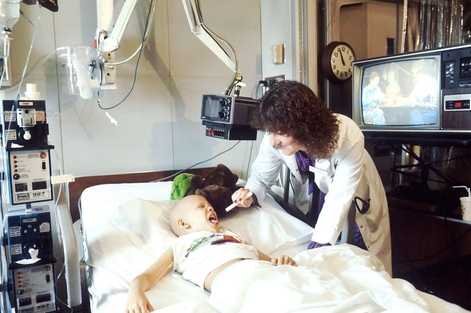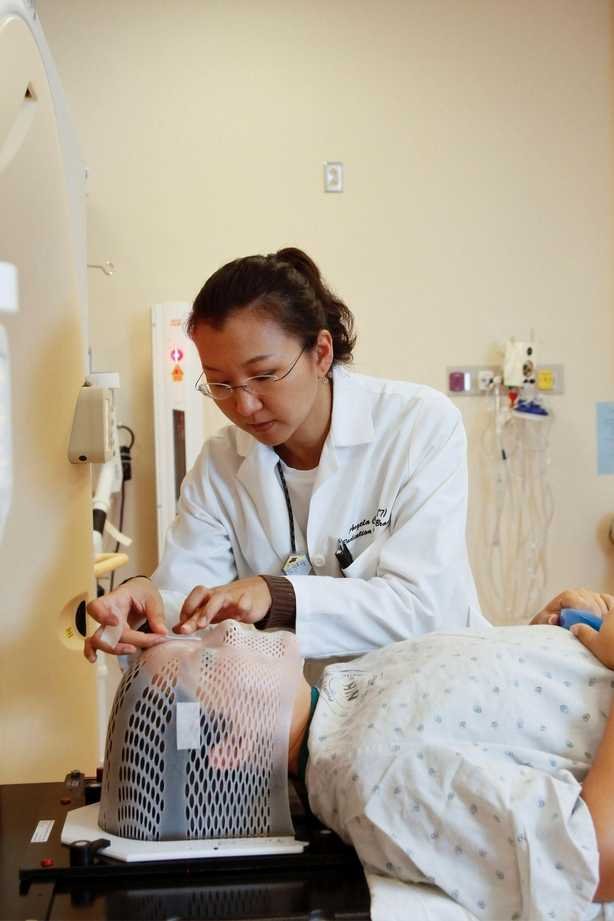Nursing Skills-Communicating Effectively with Patients
Effective interpersonal communication is a crucial aspect of a successful nursing career. Effective communication can help reduce stress, promote wellness, and boost the overall quality of life for nurses, both in and out of the workplace. What we say, how we say it, and what we mean when we communicate are all important. It’s no stretch to say that clear communication can be a matter of life or death, especially in a profession like nursing, where effective communication is an integral and essential component of effective patient care. It’s not all about hearing doctor’s orders correctly or communicating laboratory results accurately, either. As the primary source of contact and support for your patients, your ability to advocate on their behalf is also important. Many patients are confused, in pain, or even unable to speak. They depend on you to assess their needs, convey their concerns and complaints, and intercede with physicians or other healthcare providers on their behalf. Of course, the same conditions that make your care so important to your patients—pain, fear, confusion, etc.—can interfere with clear and effective communication. For instance, it goes without saying that a good nurse will always treat patients with courtesy, sincerity, and kindness. Angry, fearful, or confused patients can make this challenging, as they tend to lash out at whoever is closest. And that tends to be you, the nurse. Confidentiality is another issue to consider. By law, communication between you and your patients is confidential and must remain so. Another issue involves the necessity of explaining often challenging concepts, procedures, conditions, therapies, etc. It’s important to keep your patients informed, but you’ll need to do it effectively in a manner that your patient is likely to understand. Medicine features plenty of jargon, which will become second nature to you. But, unless they’re also medical professionals, your patients will need you to explain things in a more simplified manner, using common words whenever possible.
When in doubt, remember to treat all your patients with courtesy and kindness. Most patients feel vulnerable and, thus, afraid. As such, showing that you respect their dignity at all times is especially helpful in fostering good communication and trust. Remember to keep your communications with your patients frank and honest. Most patients prefer the truth, and in any event, honesty is invariably the best policy. Delivering especially bad news is usually the responsibility of the patient’s physician, but afterward, patients often turn to their nurses, whom they’ve come to trust, for clarification and further information. It’s always important to choose your words carefully and to avoid having any privileged communications within earshot of third parties. Besides concerns about legal issues surrounding privacy, some patients may be reluctant to fully disclose their questions, concerns, or complaints if they feel a stranger may overhear. It’s best to handle these conversations in a private manner. “communication with the patient is an individual part of the ‘long art’ of Hippocratic medicine.” Since the time of Hippocrates, healers have understood that listening is an essential healing skill, as valuable as any medication you may dispense. Effective Interpersonal Communication: A Practical Guide to Improve Your Life.





















